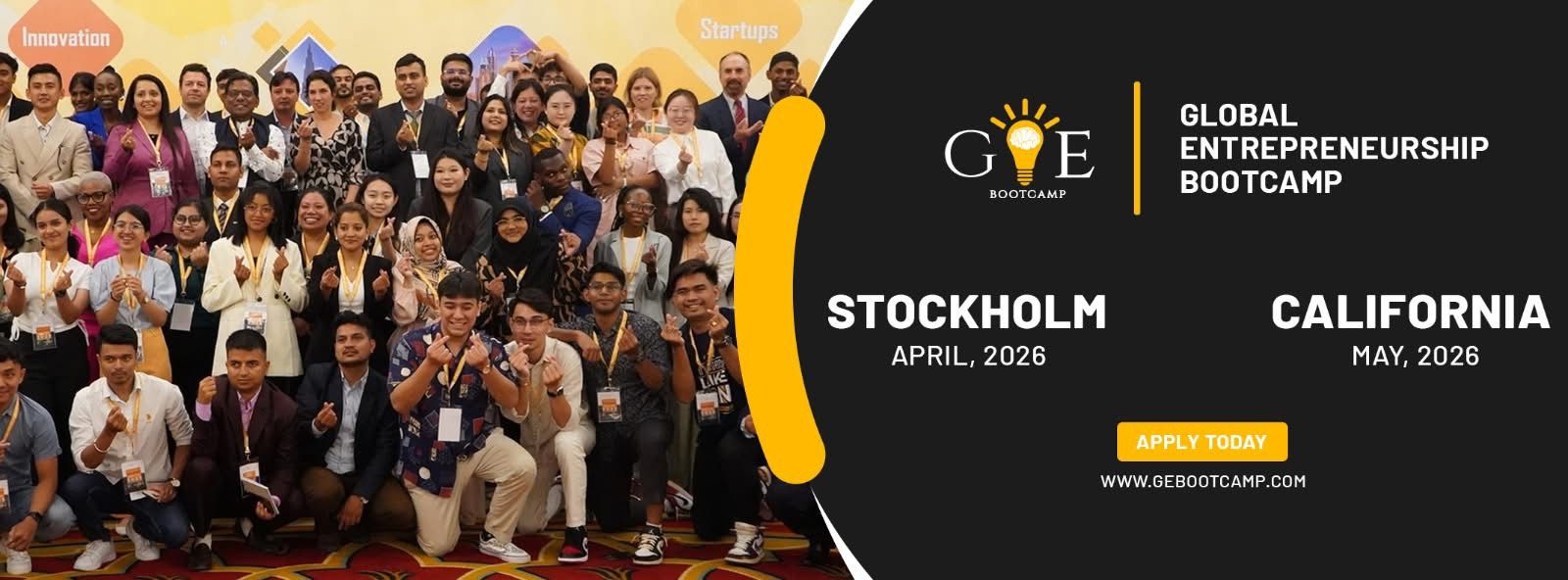
EJN Investigative Story Grant and Training Program for Indigenous & Tribal Journalists 2025
Details
EJN Investigative Story Grant and Training Program for Indigenous & Tribal Journalists 2025
Applications are open for the EJN Investigative Story Grant and Training Program for Indigenous & Tribal Journalists 2025. To increase Indigenous representation—and by extension, knowledge equity—in environmental reporting, It is launching a training program for up to 6 Indigenous journalists looking to investigate and produce stories about these varied issues.
As part of the program, supported by the Wikimedia Foundation, they will pair each selected journalist with an Indigenous journalist mentor, facilitate networking opportunities between experts and the selected journalists and offer a story grant of $2,500 to $3,000 each. Selected journalists will also participate in a virtual training program led by veteran media trainers to build their skills in investigative reporting techniques.
Story Themes
They are particularly interested in stories that:
- Expose governments, corporations and other powerful actors who fail to meet commitments to include Indigenous Peoples or intentionally sideline them as leaders in decision-making around climate and environmental issues;
- Investigate land rights and environmental sovereignty, including historical precedent, legal frameworks and data sovereignty;
- Explore solutions proposed or implemented to curb climate or environmental challenges that may not be serving vulnerable communities or were conducted without their consent;
- Utilize Freedom of Information requests or public data to investigate little-known or covered-up climate and environmental justice issues;
- Develop land or environmental mapping projects or data sets that culminate in an investigative piece.
Proposals that focus on topics or stories that have not been widely covered are preferred. Issues that have already received a lot of media coverage or don’t provide unique angles to environmental challenges are less likely to be selected.
Grant of Training Program
- They expect to award up to 5-6 grants with budgets between $2,500-$3,000 each.
Check : Internet Governance Forum 2024 Support for Global South Journalists
Eligibility for Training Program
- Applicants must self-identify as Indigenous or belonging to a tribe and will be asked to provide details on their Indigenous or tribal affiliations in the application. EJN is utilizing the ILO Convention No. 169 as a baseline for eligibility and will seek to establish a diverse cohort from a wide range of Indigenous and tribal communities and nations.
- Applicants can be from anywhere in the world.
- Journalists who have previously received Indigenous Story Grants from EJN in 2021 and 2022 are eligible for this opportunity, but preference will be given to those who have not yet received support.
- Journalists who are not Indigenous are not eligible for this opportunity; however, they will accept applications from pairings or teams of Indigenous and non-Indigenous journalists. In these cases, the Indigenous journalist must be the lead applicant for the application to be considered. Lead applicants are responsible for communicating with EJN and receiving funds on the group’s behalf, if awarded. Please note non-Indigenous journalists are welcome as collaborators in the story grant but will not be eligible to participate in the other networking or training opportunities that are part of this program.
- For the purposes of this grant opportunity, they will only be accepting applications in English. Unfortunately, they do not have the capacity to consider applications in other languages at this time. Applicants must have a sufficient understanding of English to participate in the training program, which will be held in English.
- Applications are open to journalists working in any medium (online, print, television, radio) and other expert media practitioners with investigative reporting experience and a history of covering environmental issues. They encourage applications from freelance reporters and staff from all types of media organizations—international, national, local and community-based.
- Applicants are required to be transparent about the use of generative AI tools, if any, to revise their proposals. EJN reserves the right to disqualify applicants from consideration if they have been found to have engaged in unethical or improper professional conduct, including, but not limited to, submitting AI-generated content as their own.
Also Check : IAS Person-Centred Care Advocacy Academy 2024
Judging Criteria
Applicants should consider the following points when devising their story proposals.
- Relevance: Does the proposal meet the criteria and objectives of the call? Why does this story matter and to whom? Is the main idea, context and overall value to the target audience clearly defined?
- Angle: If the story has been covered, does your proposal bring new insights to the topic or offer a fresh angle?
- Reach: Does the proposed media outlet have a wide reach? Journalists publishing their work at outlets that typically restrict content behind paywalls are encouraged to secure commitments to publish from additional outlets or request an exception to ensure their EJN-supported story remains accessible to audiences.
- Impact: Does the proposal have a compelling narrative or investigative element that will inform and engage, draw attention, trigger debate and spur action?
- Innovative storytelling: The use of creative approaches, multimedia and data visualization will be considered a plus.
- Plan for timely publication: Reporters, whether freelance or employed at a media outlet, will need to include a letter of support from an editor in their application, committing to publish the stories by July 31, 2025. Extensions can be granted on a case-by-case basis.
Join us on Telegram for more opportunities!
Specifications
| Type of Opportunity | Conferences |
|---|---|
| Deadline | 16 October,2024 |
| Country | Africa |
| Organizer | Earth Journalism Network |
| Contact the organizer | [email protected]. |
